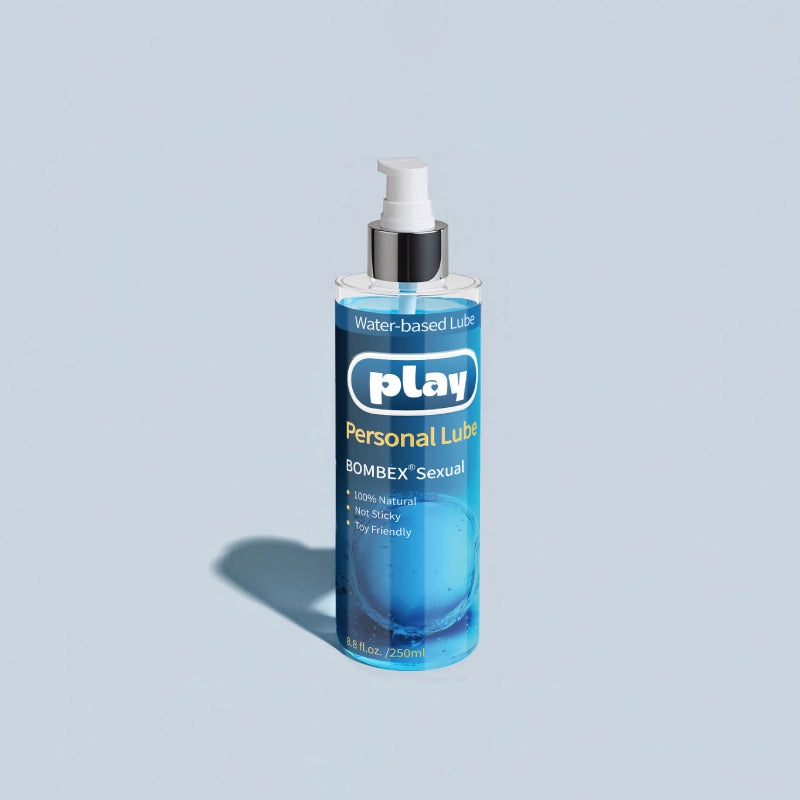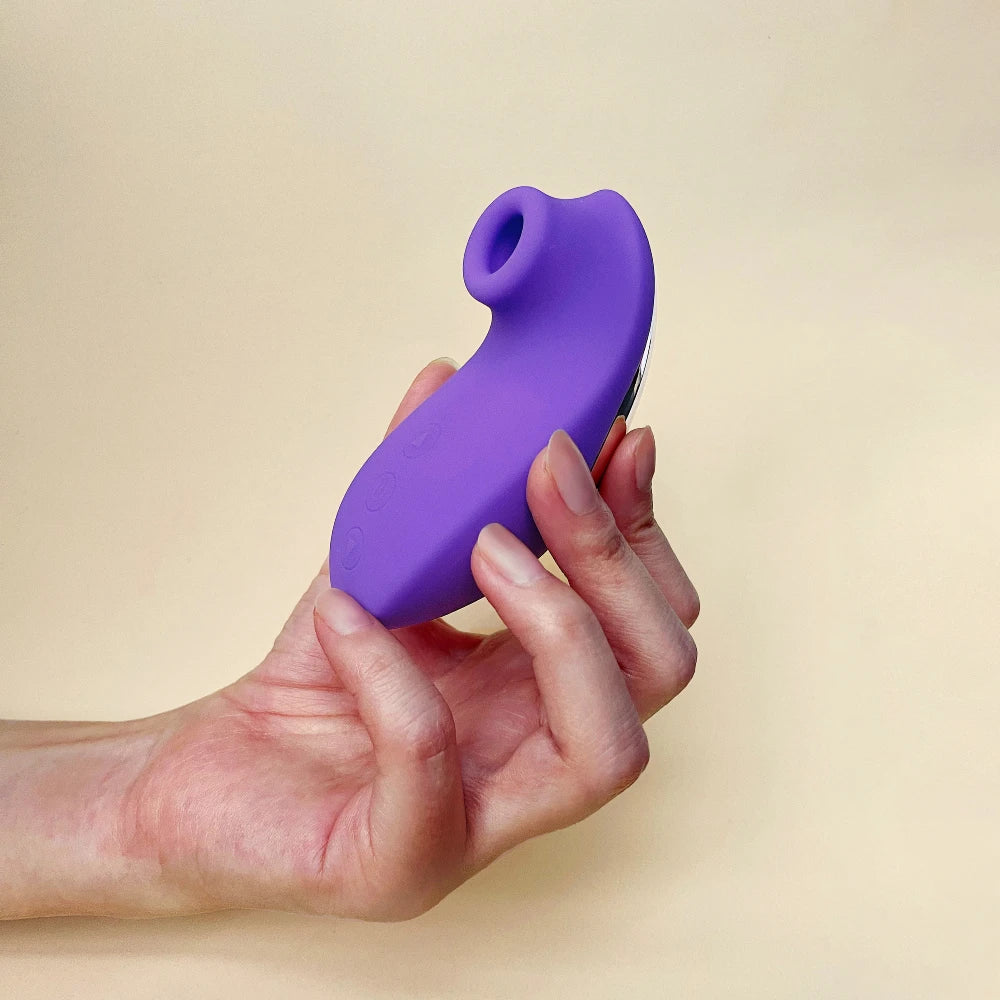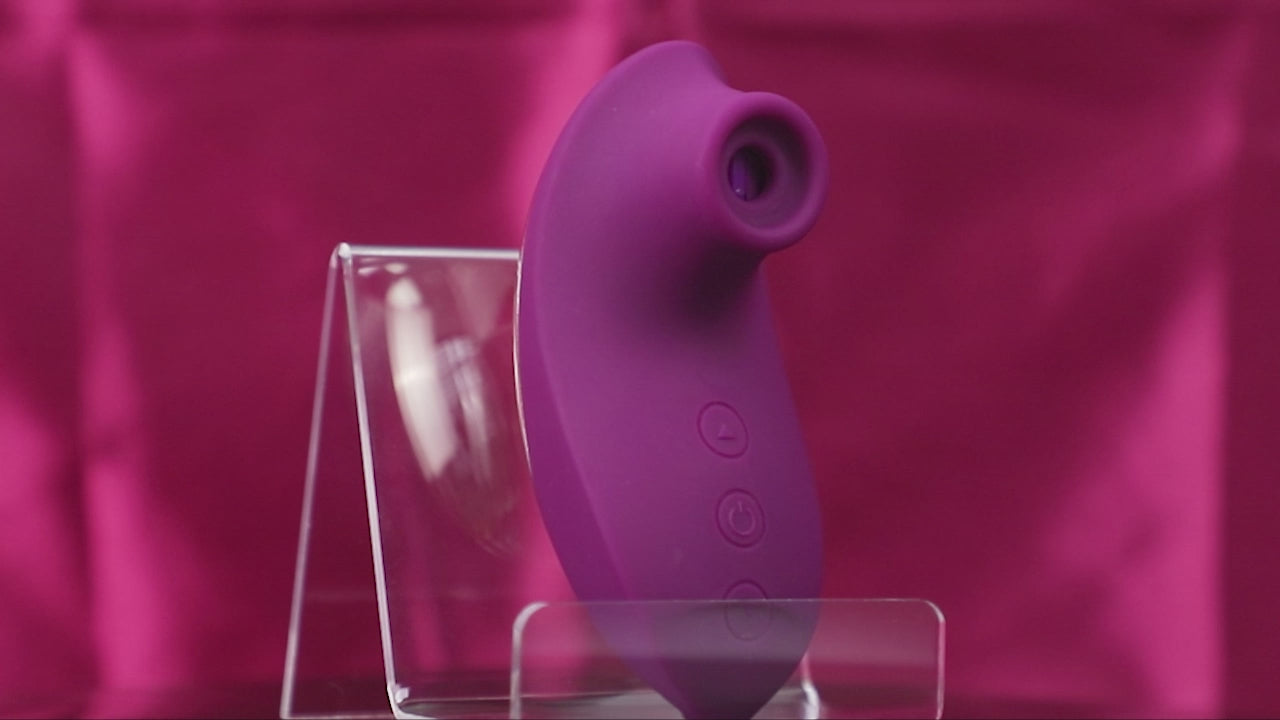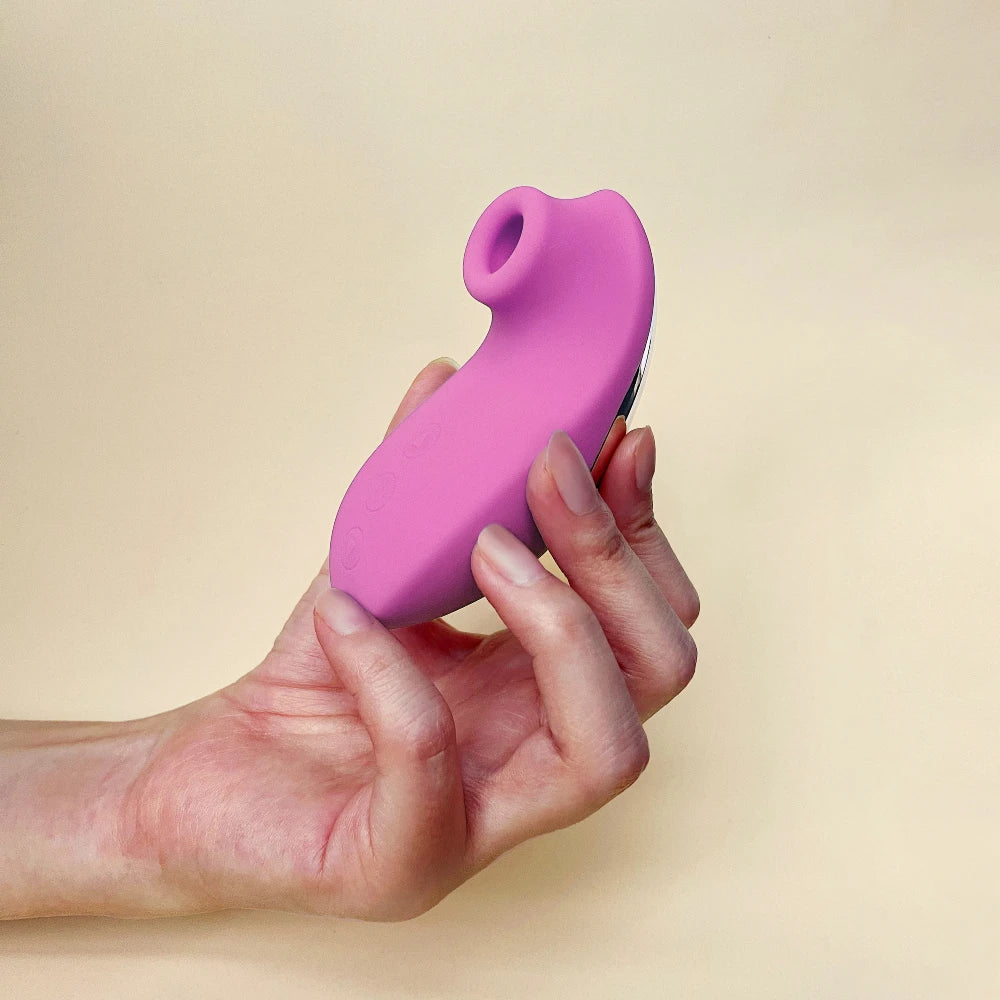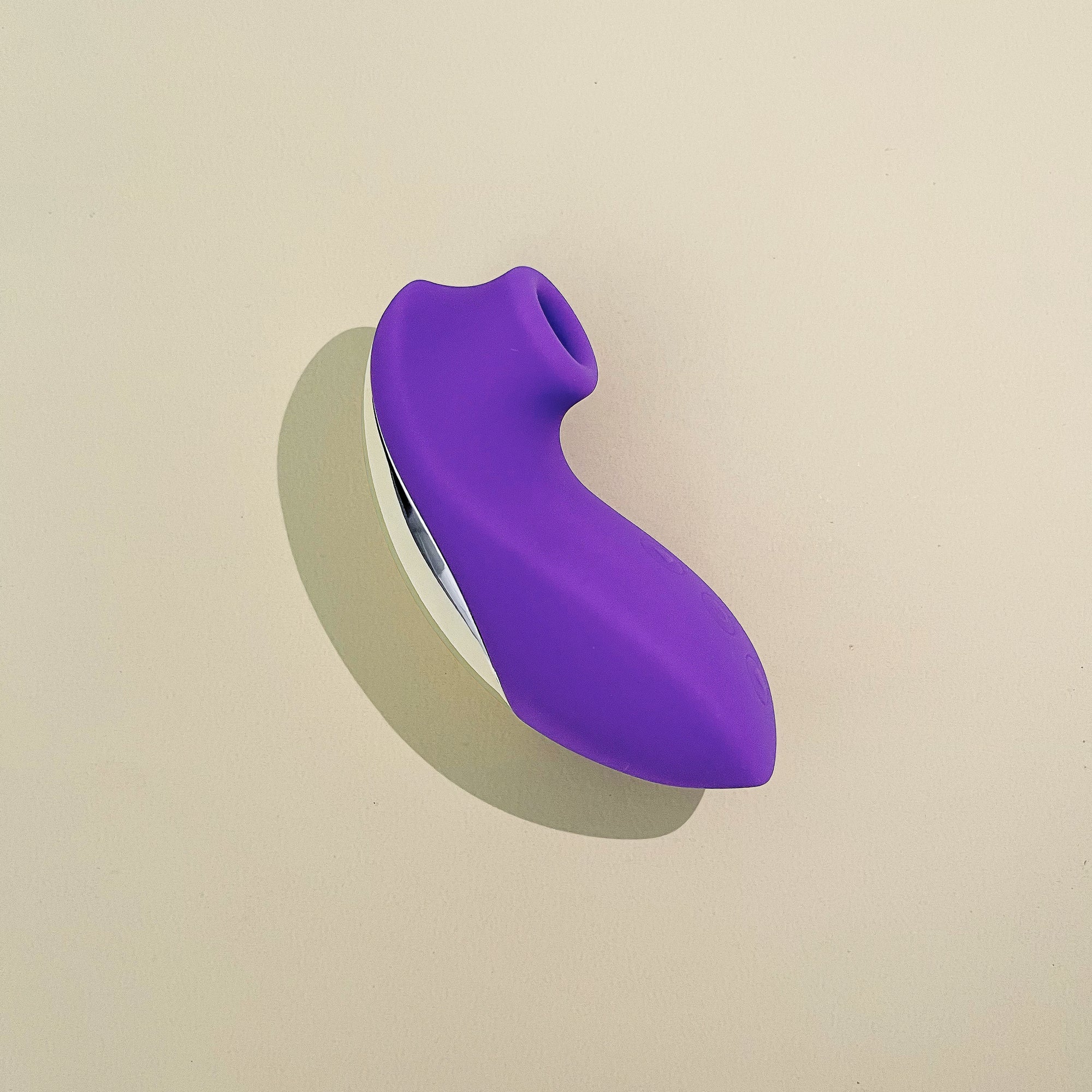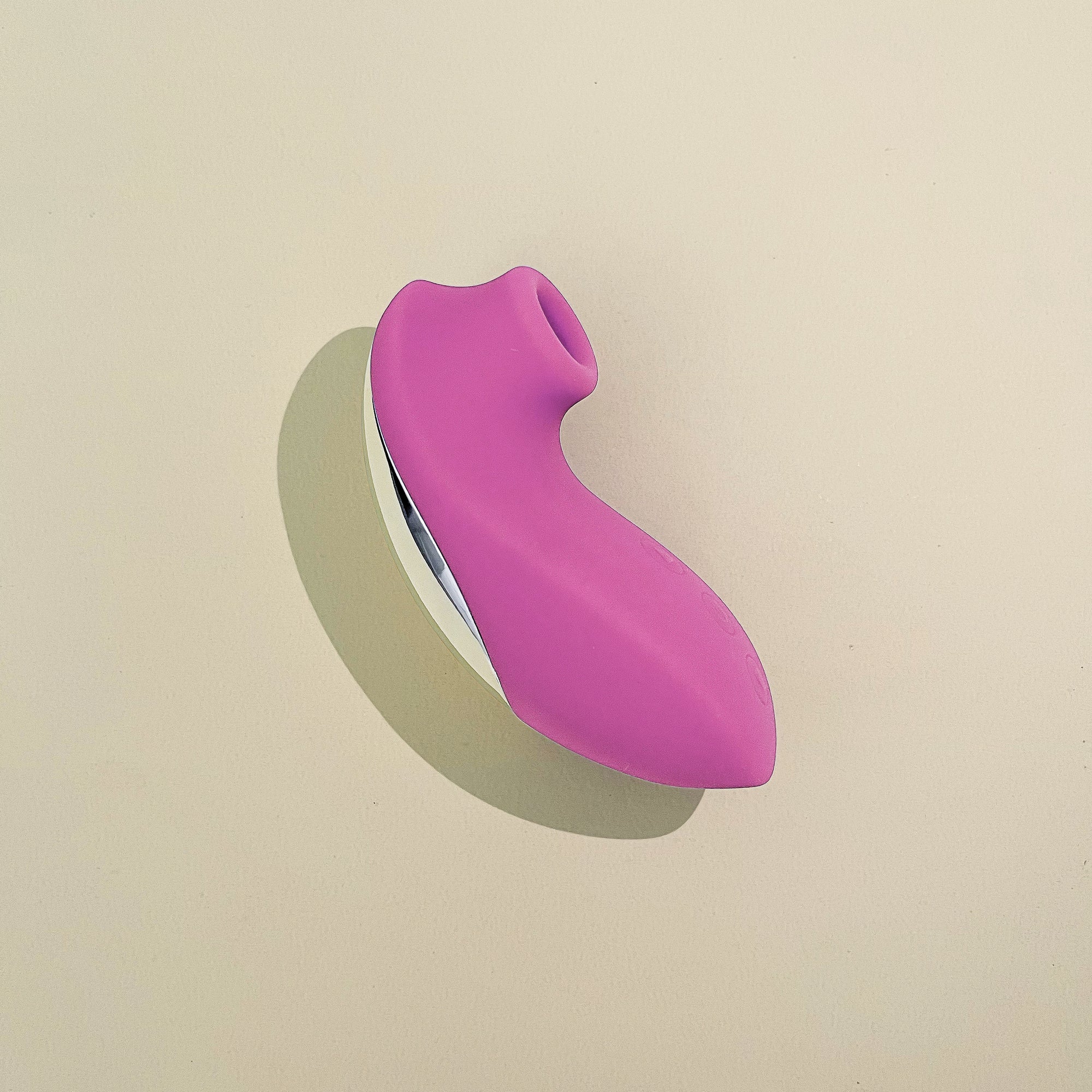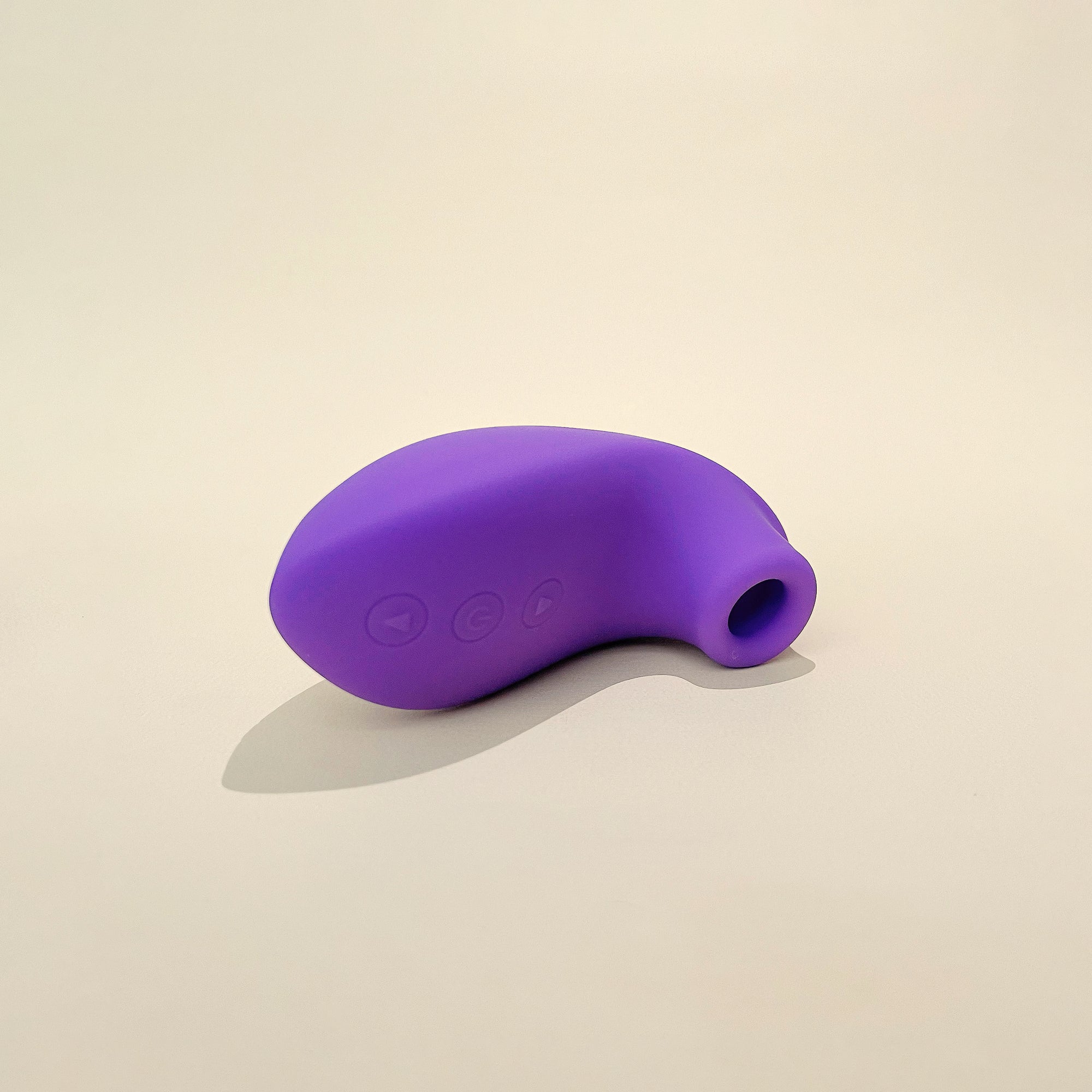When you're trying to conceive (TTC), every detail feels important. You track ovulation, focus on nutrition, and time intercourse perfectly. But there's one small detail that often gets overlooked: your choice of lubricant.
Many couples are surprised to learn that the very product they use to make sex more comfortable could actually be working against their goal of getting pregnant. The truth is, most standard lubricants on the shelf were not designed with fertility in mind and can create an environment that's hostile to sperm.
This guide will walk you through why choosing the right lube matters, what makes a lubricant "fertility-friendly," and how to find the best option for your conception journey.
Why Your Regular Lubricant Might Be Harming Sperm
While lubricant is not a form of contraception, many commercially available formulas contain ingredients and properties that can significantly damage sperm, reducing their ability to reach and fertilize an egg. Several studies have shown that common lubricants can have a detrimental effect on sperm vitality and motility—the term for their ability to swim effectively. Here’s a breakdown of the main culprits.
Hostile pH Levels
A healthy vaginal environment has an acidic pH, typically between 3.8 and 4.5. This acidity is a natural defense mechanism against harmful bacteria and infections. However, during a woman's fertile window, her cervical mucus becomes more alkaline (less acidic), with a pH of around 7.0 to 8.5. This change creates a more hospitable environment for sperm, which thrive in a more alkaline setting.
Many popular lubricants are formulated to match the vagina's typical acidic pH for everyday comfort. While great for general use, this acidity can be damaging or even fatal to sperm, which require a neutral-to-alkaline environment to survive their journey.
Incorrect Osmolality
Osmolality is a measure of the concentration of particles (like salts and sugars) in a fluid. For sperm to function optimally, they need to be in a fluid that is "isotonic," meaning it has a similar concentration to their own fluid (semen).
If a lubricant is "hyperosmotic" (too concentrated), it will draw water out of the sperm cells, causing them to dehydrate, change shape, and lose motility. If it's "hypo-osmotic" (too diluted), the sperm can absorb too much water, causing them to swell and burst. Many lubricants on the market have an osmolality that is far too high for sperm survival.
Harmful Ingredients to Avoid
Beyond pH and osmolality, specific ingredients found in many lubricants can act as barriers to conception. Some of the most common offenders include:
-
Glycerin (or Glycerol): This common sweetener and humectant is found in many water-based lubes. Unfortunately, it can be too dense for sperm to penetrate and can also lead to the high osmolality that dehydrates sperm.
-
Parabens: Used as preservatives, chemicals like methylparaben and propylparaben have been linked to hormonal disruption and potential DNA damage in sperm.
-
Petroleum Jelly: As an oil-based substance, it is thick and can impede sperm movement.
-
Silicones: While longer-lasting, silicone-based lubricants can also be too dense and impair sperm motility after prolonged contact.
-
Fragrances and Flavorings: These unnecessary additives can cause irritation and introduce chemicals that are not conducive to a healthy conception environment.
What to Look for in a Fertility-Friendly Lube
When you're actively trying to conceive, you need a lubricant that mimics the natural environment of fertile cervical mucus as closely as possible. The Food and Drug Administration (FDA) has even created a specific category for lubricants that are tested and cleared as "fertility-safe." While these are excellent options, you can also look for key characteristics in other high-quality lubricants.
Perfectly pH-Balanced
For a lubricant to be considered a
fertility friendly lube, it must have a pH that supports sperm. Look for products with a pH between 7.0 and 8.5 to match the alkaline nature of fertile cervical mucus and semen. This ensures sperm are not damaged by an overly acidic environment and have a better chance of survival.
Isotonic Formulation
A sperm-friendly lubricant should be isotonic, meaning its osmolality is balanced with that of semen. This prevents sperm cells from being damaged by dehydration or oversaturation. The ideal osmolality is around 260-400 mOsm/kg.
Clean, Body-Safe Ingredients
Always read the label. The best lubricants for TTC are those with a simple, clean ingredient list. Actively seek out formulas that are free from glycerin, parabens, silicones, and petroleum. Instead, look for plant-based, natural ingredients that provide hydration without harming sperm. Some hydroxyethylcellulose-based lubricants are recommended as they don't impede sperm motility.
Can a Natural Water-Based Lube Be a Good Choice?
This is where things can get confusing. Some studies suggest that water-based lubricants, as a category, have a negative effect on sperm motility. However, this is largely because the majority of mass-market water-based lubes are loaded with glycerin and other harmful additives. In fact, many FDA-approved fertility lubricants are water-based, proving that the formulation is what truly matters.
A high-quality, thoughtfully formulated
water based lube can be an excellent choice for couples who are TTC, provided it meets the right criteria. It's about choosing a product that prioritizes health and purity over cheap, synthetic fillers.
For couples looking for a lubricant that is consciously formulated and respects the body's natural chemistry, a product like BOMBEX Natural Water Based Lube is a standout option. While not officially marketed as an FDA "fertility lubricant," its formulation avoids the common pitfalls of standard lubes that can hinder conception.
Here's why its features are so important for those on a fertility journey:
-
Perfectly pH-Balanced for Intimate Health: The formula is meticulously crafted to work in harmony with your body’s delicate chemistry. This balance helps protect against irritation and creates a less hostile environment, which is crucial when trying to provide a safe passage for sperm.
-
Pure & Gentle 100% Plant-Based Formula: This is perhaps the most critical selling point for TTC couples. The formula is entirely free from the ingredients you need to avoid: no glycerin, no parabens, no silicones, and no harsh chemicals. It’s a clean, natural lubricant that relies on gentle plant extracts, making it ideal for sensitive skin and a healthy intimate environment.
-
Advanced, Long-Lasting Hydration: It mimics the body's natural moisture without feeling sticky. This ensures comfort during sex—which can sometimes feel like a chore when on a strict TTC schedule—without introducing harmful substances into the reproductive tract.
Practical Tips for Using Lube When TTC
Choosing the right product is the first step. Here are a few more tips to keep in mind:
-
Less is More: Even with a fertility-friendly lube, you don't need to use a large amount. Use just enough to make intercourse comfortable. The primary fluid that transports sperm should still be natural cervical mucus.
-
Apply Internally: For best results, apply a small amount of lubricant directly to the cervix or inside the vagina before intercourse. This helps ensure the environment is properly pH-balanced right where it needs to be.
-
Never Use Saliva: It might seem like a natural alternative, but saliva contains digestive enzymes that can damage sperm and significantly reduce motility within minutes.
-
Avoid Household Oils: While some online sources recommend oils like coconut or olive oil, these are not ideal. They are not formulated for internal use, can disrupt vaginal pH, and potentially increase the risk of infection. As the Mayo Clinic Health System advises, it's best to stick to products specifically designed for intimate use.
Final Thoughts: Making a Conscious Choice for Your Fertility
The journey to parenthood requires careful attention to many aspects of your health, and your choice of lubricant should be no exception. By avoiding products with sperm-damaging ingredients and opting for a lubricant with a balanced pH and a clean, natural formulation, you can ensure that you are creating the best possible environment for conception.
While fertility-friendly lubes can't help you get pregnant, they can ensure your lubricant isn't standing in your way. Whether you choose an FDA-cleared fertility lubricant or a high-quality, glycerin-free natural option, you are taking a positive and proactive step towards your family-building goals.



